Rent hikes between 2.5% and 7% recommended for NYC’s stabilized apartments
find out more

Photo by Patrick Tomasso on Unsplash
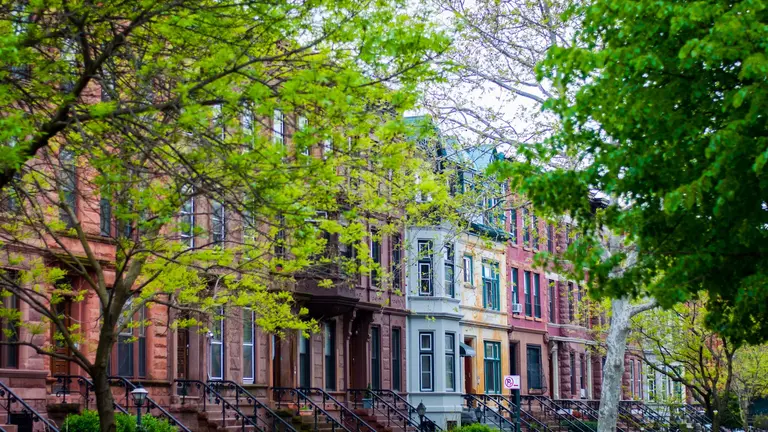
Image courtesy of Maxim Pierre on Flickr
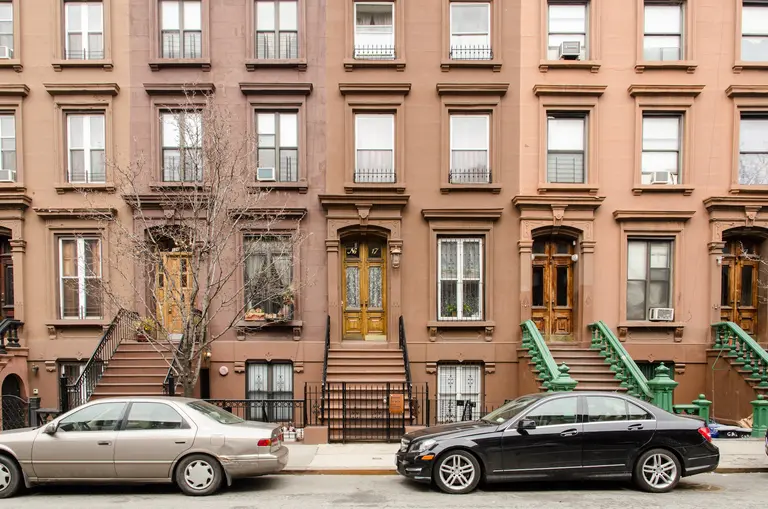
Image courtesy of edwardhblake on Flickr

Photo by Emiliano Bar on Unsplash
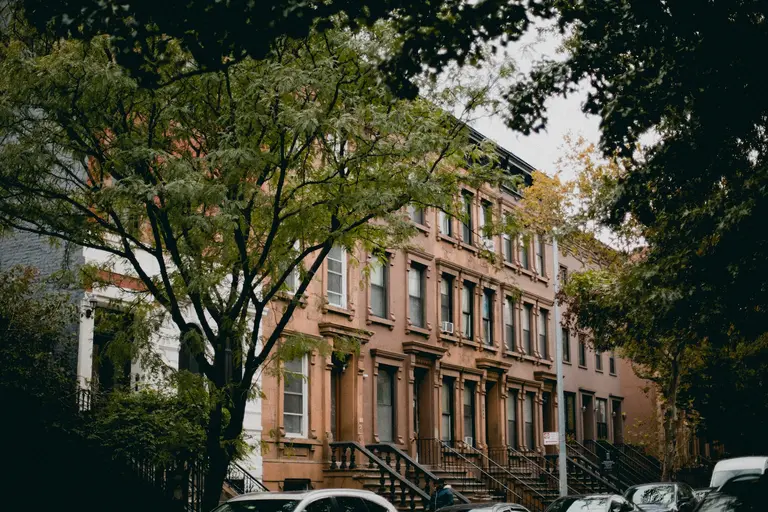
Photo by Rachel Martin on Unsplash
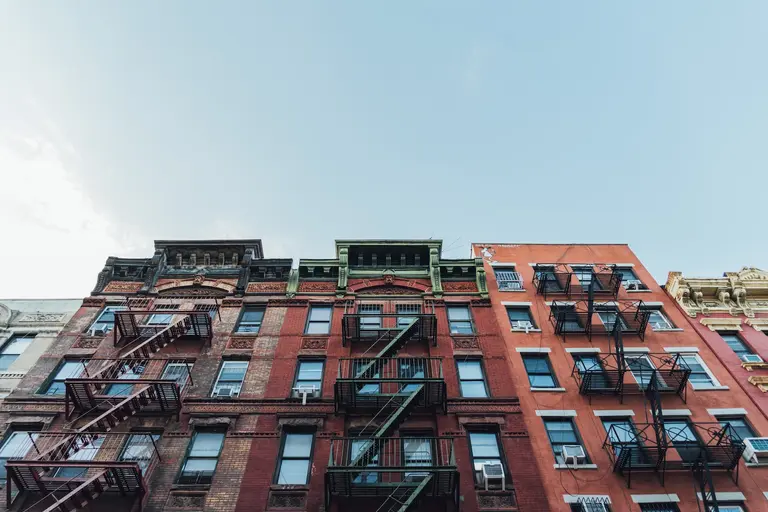
Photo by Goh Rhy Yan on Unsplash

Photo by Goh Rhy Yan on Unsplash
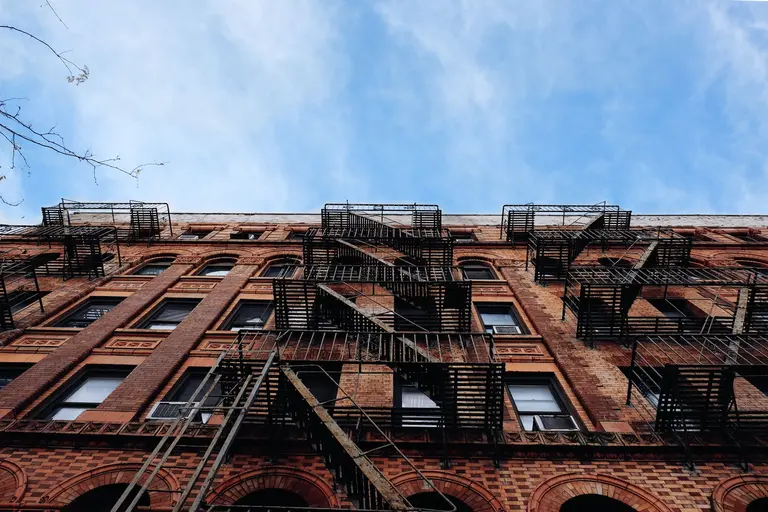
Photo by Daryan Shamkhali on Unsplash
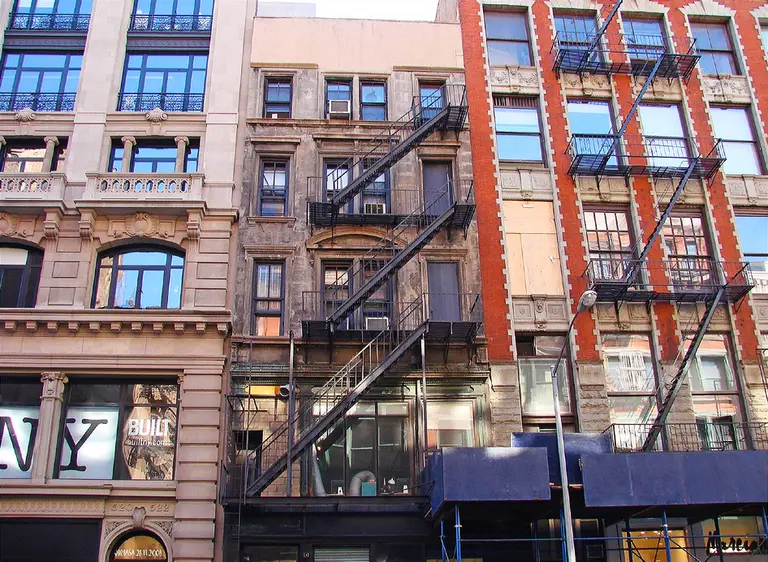
Image by Jorbasa Fotografie / Flickr
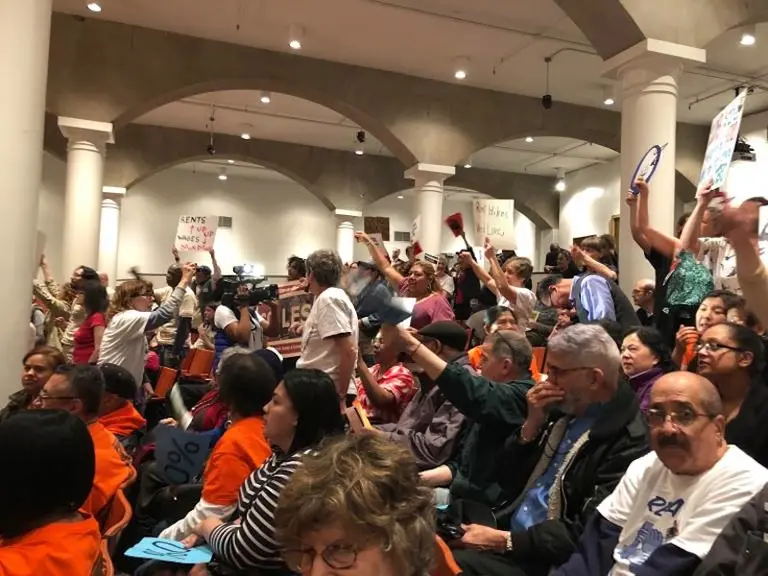
Photo courtesy of the MET Council on Housing
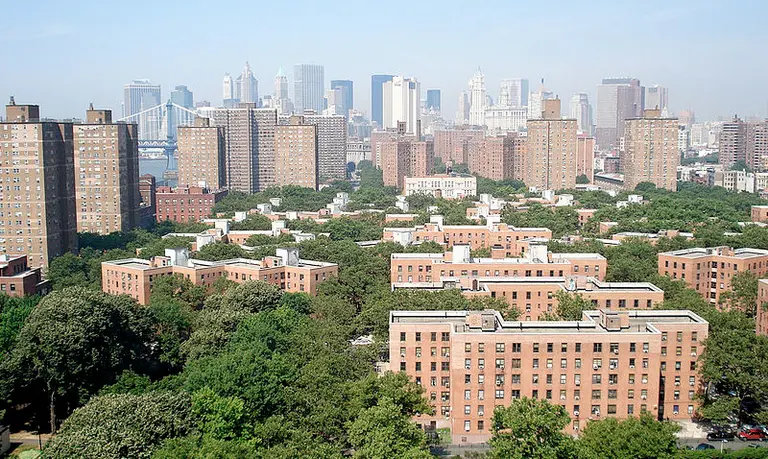
Photo via Wikimedia Commons